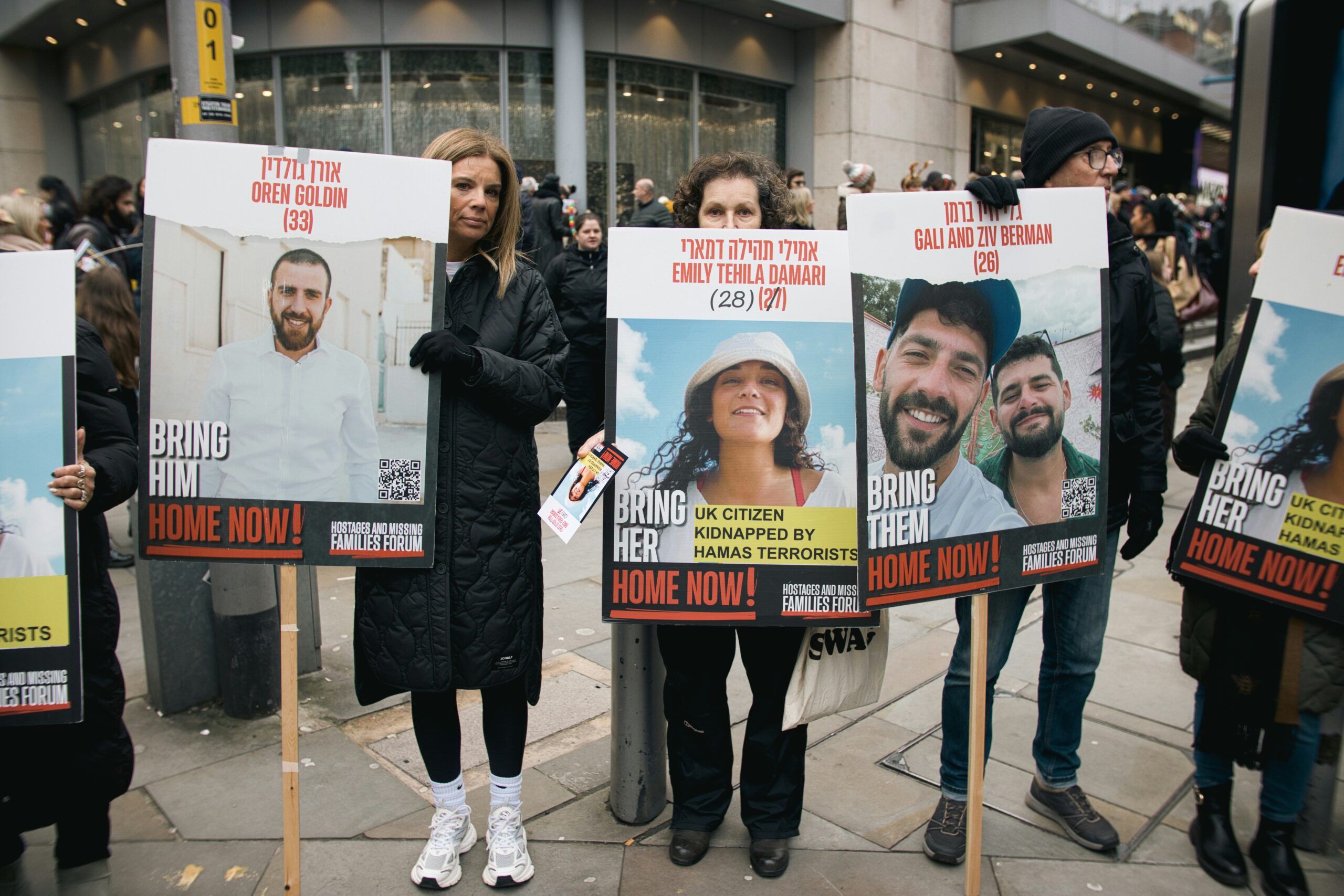In March 2025, the Israeli Knesset passed a law that will be remembered as the final blow to the country’s judicial independence. With it, Prime Minister Benjamin Netanyahu’s government handed itself near-total control over the appointment of judges, including those on the Supreme Court.
This law marks the culmination of a long and calculated campaign. For over two years, Netanyahu and his far-right coalition partners have chipped away at judicial oversight, presenting each move as a reform while working systematically to remove legal constraints on executive power.
The power grab becomes law
The new law rewrites the rules of the Judicial Selection Committee, a body historically structured to ensure judicial independence. Before this change, the committee was composed of nine members: three Supreme Court justices (including the Chief Justice), two representatives of the Israel Bar Association, two cabinet ministers (including the Justice Minister), and two members of the Knesset—one from the coalition and one from the opposition.
This arrangement meant that no single political bloc could unilaterally appoint judges. It required consensus across branches of government and the legal community. But the new law obliterates that balance.
Now, with a built-in majority on the committee, Netanyahu’s ruling coalition holds effective control over all judicial appointments—from lower courts to the Supreme Court itself. It’s a complete politicization of what was once an insulated, deliberative process. a body historically balanced between politicians, sitting justices, and representatives of the legal profession. That balance is now gone.
Under the revised system, the ruling coalition holds a guaranteed majority, giving the government unchecked authority to appoint judges at all levels of the judiciary. Critics argue this change not only eliminates judicial independence, but effectively turns the courts into an arm of the executive.
The passage of the law was swift and bitterly contested. Opposition members walked out. Legal scholars called it a “constitutional coup.” International allies, including the U.S. and EU, issued stark warnings. Netanyahu’s coalition ignored them all.
A campaign years in the making
While March 2025 marks the final blow, the collapse began much earlier.
From the start, Netanyahu’s coalition used calculated messaging to frame each stage of the judicial overhaul as a democratic correction. Early in 2023, Justice Minister Yariv Levin introduced the changes under the language of “rebalancing” power and “restoring democratic governance,” despite widespread warnings from legal experts that these were coded terms for weakening institutional independence.
Finance Minister Bezalel Smotrich and National Security Minister Itamar Ben Gvir became key public advocates for the reforms, each leveraging their platforms to stoke mistrust in the judiciary and frame it as an unelected elite obstructing the will of the people. Coalition talking points shifted from abstract constitutional reform to culture-war narratives, accusing the courts of shielding leftist agendas, undermining Jewish identity, and protecting the “deep state.”
As public resistance mounted, the government narrowed its rhetoric—claiming the protests were the work of privileged elites and foreign-funded activists. This reframing allowed the coalition to shore up its base while vilifying opponents, a tactic that persisted as each wave of legislation advanced.
In early 2023, Justice Minister Yariv Levin announced sweeping judicial “reforms,” including plans to limit the Supreme Court’s ability to overturn laws, politicize the appointment process, and reduce the authority of legal advisers. These proposals sparked mass protests and a constitutional standoff.
The Supreme Court pushed back. In January 2024, it struck down a law that removed the court’s authority to review “unreasonable” government actions. Netanyahu decried the ruling as illegitimate. His allies escalated.
Corruption trials and personal stakes
Though Netanyahu has denied it, the collapse of judicial independence has personal implications. He remains on trial in three separate corruption cases: Case 1000 (illicit gifts from wealthy benefactors), Case 2000 (alleged quid pro quo arrangements with newspaper publisher Yedioth Ahronoth), and Case 4000 (accusations of regulatory favors for the telecom giant Bezeq in exchange for favorable coverage on its news site Walla).
A loyal bench could significantly shape these outcomes, whether through procedural leniency, appeals, or outright dismissal. Netanyahu has repeatedly attacked the legal system as politically motivated, laying the rhetorical groundwork to discredit any future verdicts against him.
His coalition also includes ultra-nationalist and ultra-Orthodox parties pushing controversial legal agendas—from settlement expansion to limits on LGBTQ+ rights and women’s freedoms. A captured judiciary offers political insurance for these plans. the collapse of judicial independence has personal implications. He remains on trial for corruption, and a loyal bench could be decisive in shaping or halting the outcome.
His coalition also includes ultra-nationalist and ultra-Orthodox parties pushing controversial legal agendas—from settlement expansion to limits on LGBTQ+ rights and women’s freedoms. A captured judiciary offers political insurance for these plans.
Public revolt, private resolve
The Israeli public did not take this sitting down. As Netanyahu’s judicial overhaul advanced, the country erupted in a wave of sustained civil resistance. From Tel Aviv to Haifa, hundreds of thousands of Israelis filled the streets week after week, waving national flags and chanting against dictatorship. They weren’t just activists — they were veterans, high-tech executives, students, academics, and reservists from elite military units.
One of the most visible leaders, former air force pilot and protest coordinator Ron Scharf, declared at a March 2024 rally: “This isn’t about politics — it’s about saving the soul of this country. We will not serve under a dictatorship.”
Doctors staged walkouts. Universities canceled classes. Tech companies allowed employees to work remotely so they could protest. At one point, port workers shut down Israel’s main shipping terminals, causing economic disruption to match the political pressure.
Despite the outpouring of dissent, Netanyahu’s coalition pressed forward. His strategy was clear: wait out the protests, fracture the opposition, and pass the reforms incrementally. And in the end — it worked. Hundreds of thousands marched. Reservists refused to report for duty. Workers, academics, and doctors went on strike. But despite the public’s outcry and international condemnation, Netanyahu stayed the course.
His strategy was clear: wait out the protests, fracture the opposition, and pass the reforms incrementally. It worked.
A judiciary in name only
With the Judicial Selection Committee now under political control, Israel’s courts may continue to exist in form, but not in function. Legal oversight has been gutted. Judicial review is toothless. And the separation of powers is a memory.
In comparative terms, this places Israel closer to countries like Hungary and Poland, where populist governments used judicial reforms to neutralize opposition and insulate themselves from legal scrutiny. Both nations faced condemnation from the EU and international rights organizations—but the political damage was already done.
Specific rulings in Israel may now be in jeopardy. Cases involving corruption, minority rights, land disputes in the West Bank, and the separation of synagogue and state are particularly vulnerable. Laws that were previously blocked or watered down by the judiciary may now pass unchallenged.
Israel’s democracy has not collapsed overnight—but its foundation has been hollowed out. The courts, once the last line of defense, are now subject to the very powers they were designed to restrain.
And Netanyahu? He didn’t break the system. He rewrote it.
Author
Discover more from The Crustian Daily
Subscribe to get the latest posts sent to your email.













